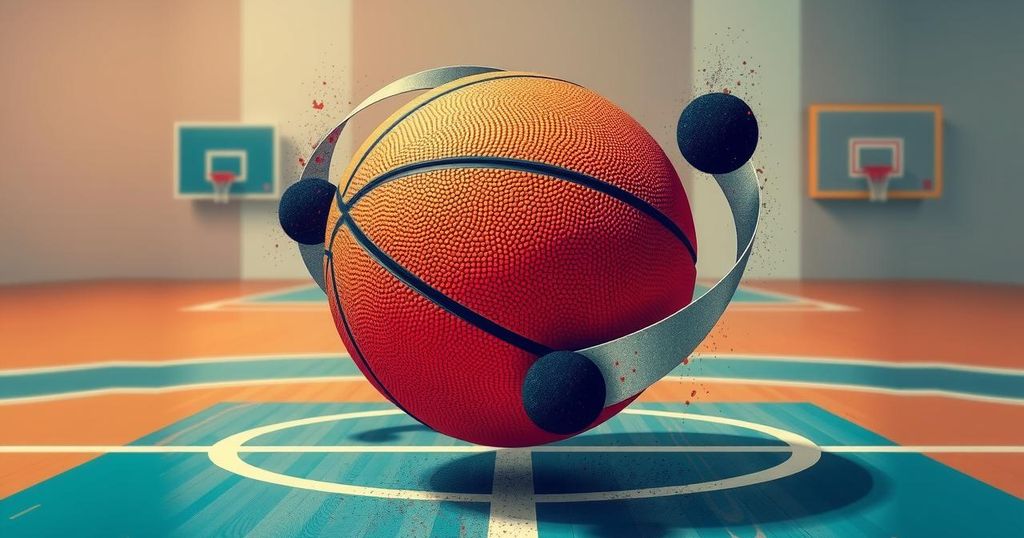Paris 2024: Pioneering Sustainable Practices for a Circular Economy in Sports Equipment Utilization
As Paris prepares to host the 2024 Olympic and Paralympic Games, it is undertaking significant efforts to promote a circular economy and a responsible approach to resource utilization. From its inception, Paris 2024 has aimed to implement a sustainable model for the Games, exemplified by the decision to lease a majority of the necessary sports equipment. Out of the 1.2 million items needed, approximately 75% will be leased while the remaining 25%, acquired with assistance from the Agence Nationale du Sport (ANS), will be donated to benefit the French sports community.
In alignment with its eco-conscious plan, the Games’ organizing committee has established a comprehensive donation framework that envisions a second life for the sports equipment utilized during the events. This initiative, validated with the assistance of national sports federations such as the CNOSF and CPSF, will see various organizations receive equipment that enables greater access to sports for individuals across France. This effort pays particular attention to regions with limited access to sporting facilities, notably Seine-Saint-Denis, which ranks low in terms of available sports infrastructure.
Notable beneficiaries of this initiative include the French Volleyball Federation and the French Badminton Federation, which will retrieve ample amounts of equipment for their respective communities. Additionally, the sand from the Eiffel Tower stadium used in beach volleyball matches is set to be repurposed for pitches in local parks. The initiative extends beyond equipment to encompass temporary structures, technology, and furniture as well, ensuring a thorough assessment and management of resources used throughout the Games.
In conjunction with these donations, Paris 2024 will also host second-hand fairs in various cities following the events. These fairs will feature a variety of memorabilia, including uniforms and commemorative items from the Games, allowing fans and collectors an opportunity to cherish a piece of Olympic history. This marks a significant shift in how the Games’ organizing committees approach the disposal and reuse of assets.
Moreover, numerous partnerships with community organizations and charities will facilitate the redistribution of leftover materials to support vulnerable populations. Contributions will include furniture from corporate sponsors and the repurposing of sports flooring to ensure widespread accessibility and support across the nation. These efforts emphasize the commitment of Paris 2024 not only to host a successful event but also to leave a positive legacy through sustainable practices that maximize the utility of resources utilized during the games.








Post Comment